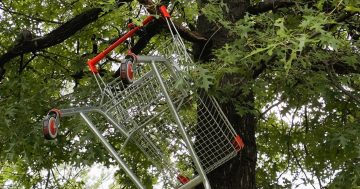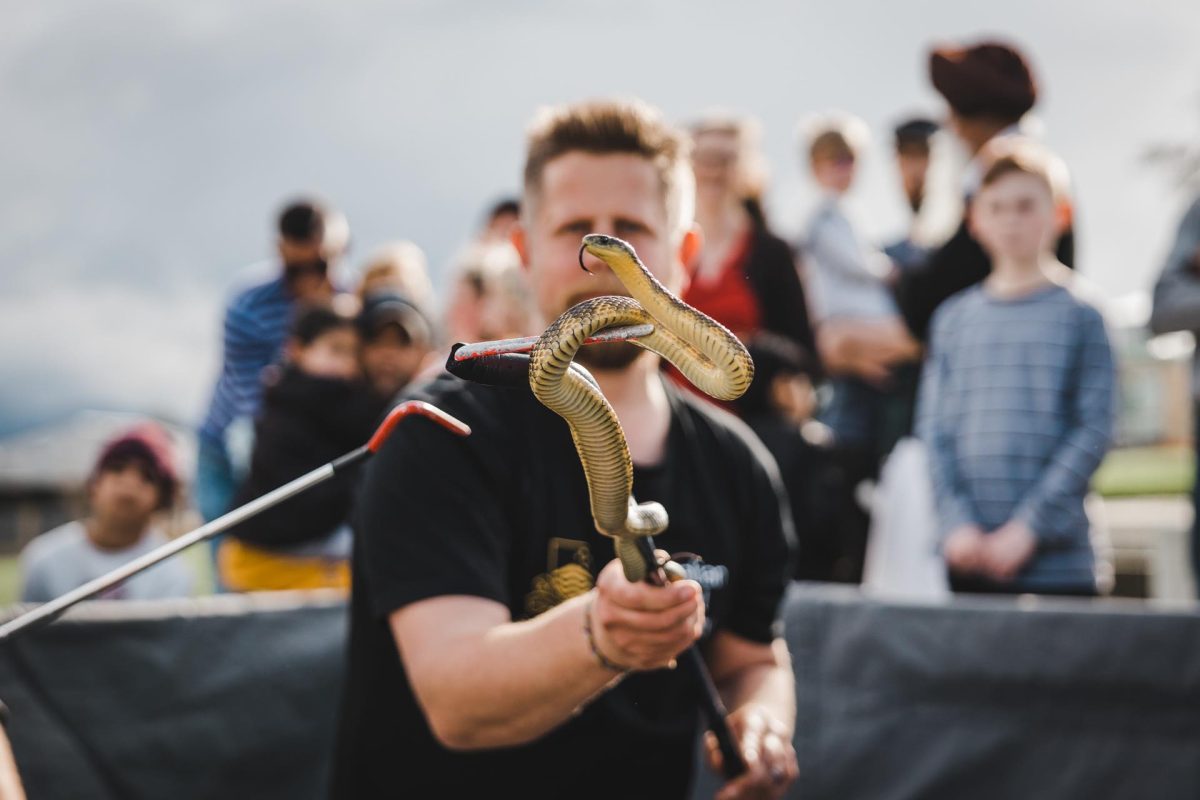
Dr Gavin Smith is struggling to justify working two full-time jobs and only getting paid for one. Photo: ACT Wildlife Facebook.
Come across a snake in your backyard?
Canberra’s leading snake catcher is warning he may not be able to respond to every call for help, after a recent attempt to secure government funding failed.
Dr Gavin Smith is the man behind ACT Snake Removals, a local licensed snake removal and education service.
But he’s also an associate professor at the ANU College of Arts and Social Sciences, and a father of two small children.
Any calls to relocate venomous snakes from people’s houses and gardens – as well as workplaces, schools, hospitals and other properties – have to fit around these commitments.
During snake season between September and April each year, ACT Snake Removals attends as many as 300 call-outs.
Dr Smith accepts a small service fee to cover his overheads and receives an occasional donation from ACT Wildlife. But it’s not enough to keep it going, he says.
In March of this year, he asked the ACT Government to make snake catching a “contracted public service” in an online petition championed by ACT Labor backbencher Dr Marisa Paterson.
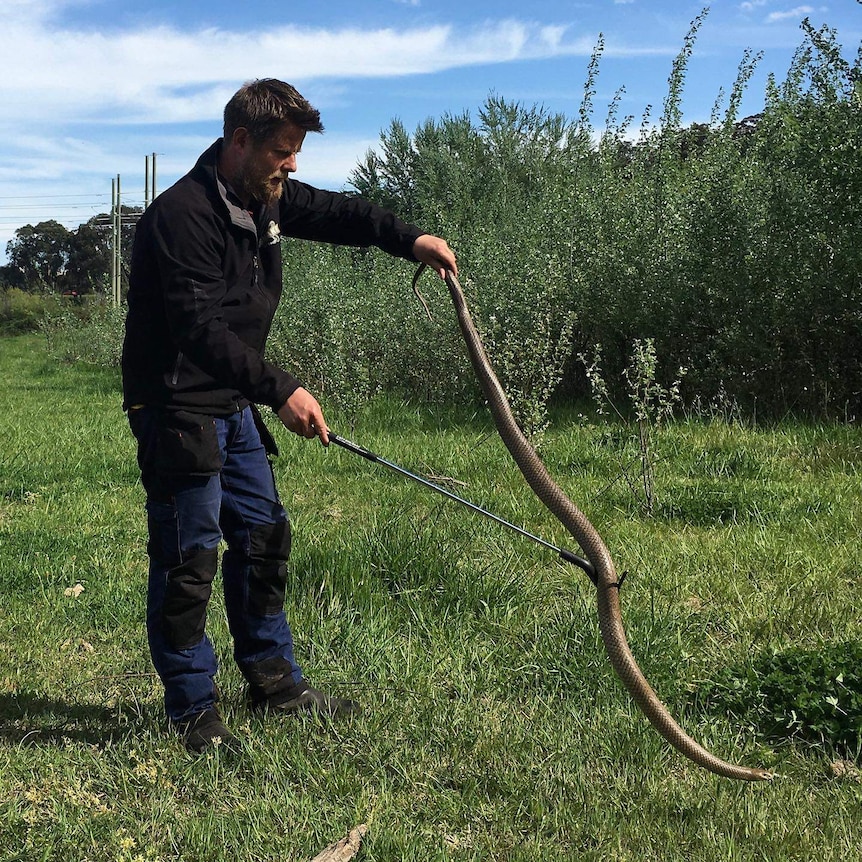
Dr Gavin Smith on the job with an eastern brown snake. Photo: Canberra Snake Catchers.
In other words, licensed people like Dr Smith would be paid by the government to handle snakes.
It echoes the arrangement in the Northern Territory, while closer jurisdictions such as NSW and Victoria allow residents to handle and keep venomous snakes under very strict conditions.
The petition racked up 646 signatures, and hopes were high it would pass.
However, in a response from Minister for the Environment, Parks, and Land Management Rebecca Vassarotti, the government has put the kibosh on it.
“There does not appear to be a justified need for the government to resume a snake catching service in anything other than emergency situations,” Ms Vassarotti wrote on 18 June.
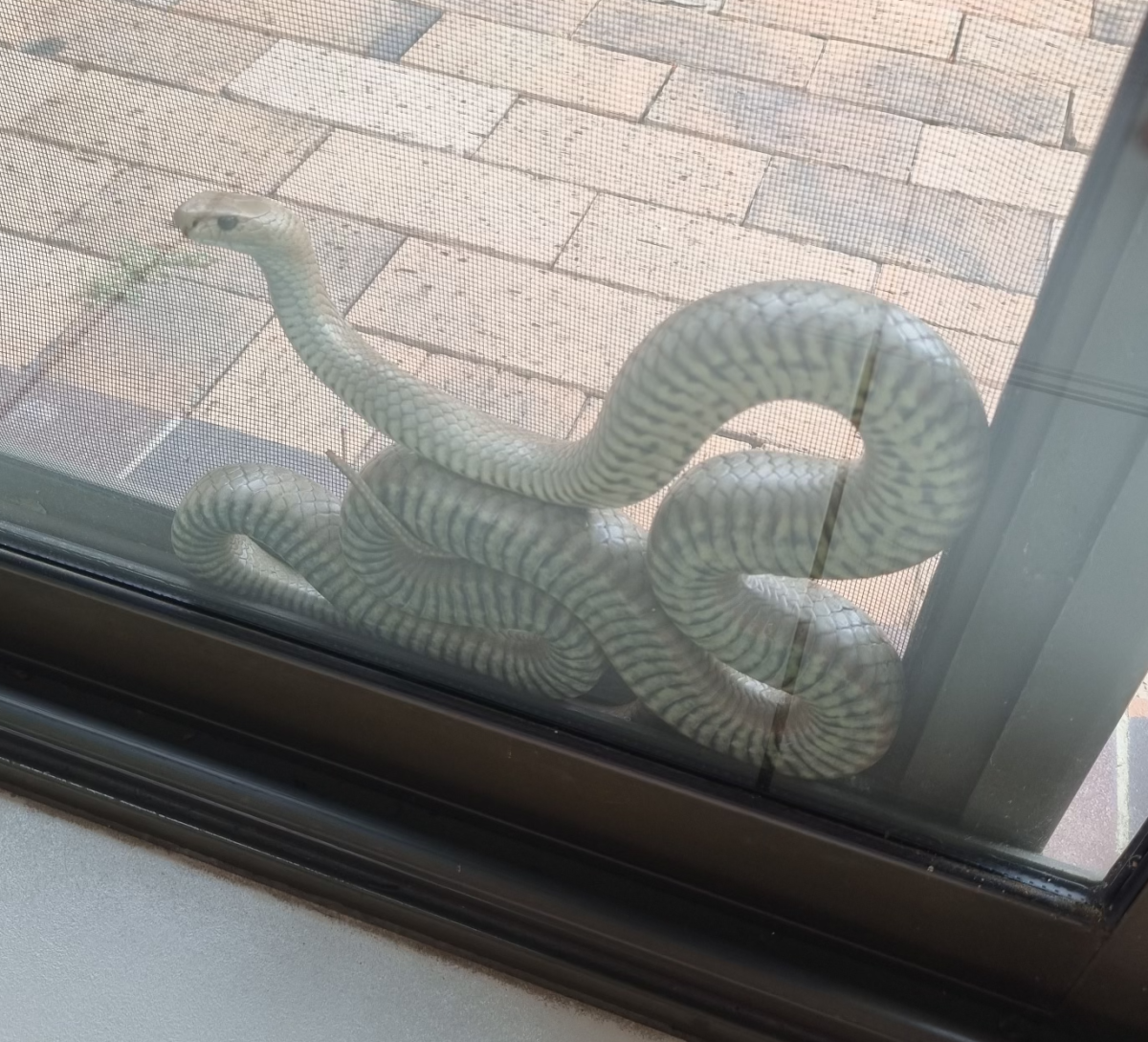
One of Dr Smith’s finds this season – an eastern brown trapped between two doors. Photo: Jacob Filiatrault.
She said records indicate snake catching work was too “sporadic”, and “with frequent troughs of many days with no callouts, or days where several callouts may be received”.
“To meet demand on the days when multiple calls are received, it may be necessary to have several contractors available, however this then increases the numbers of contractors who are not doing anything on the days when no calls are received.”
The government prefers to “normalise the presence of snakes in the urban environment”.
So while it’s open to extending the licences of those who operate similar services – such as possum trappers – to include snake catching, Ms Vassarotti said the government would focus on “nuanced education programs”.
“I have requested the conservator and officials to further explore with relevant stakeholders, opportunities for more targeted education programs about how to live with snakes.”
Dr Smith said he was “extremely disappointed” by the outcome, not just for himself and Canberrans who find themselves with a snake in their yard, but also for the snakes themselves, who may end up facing other fates.
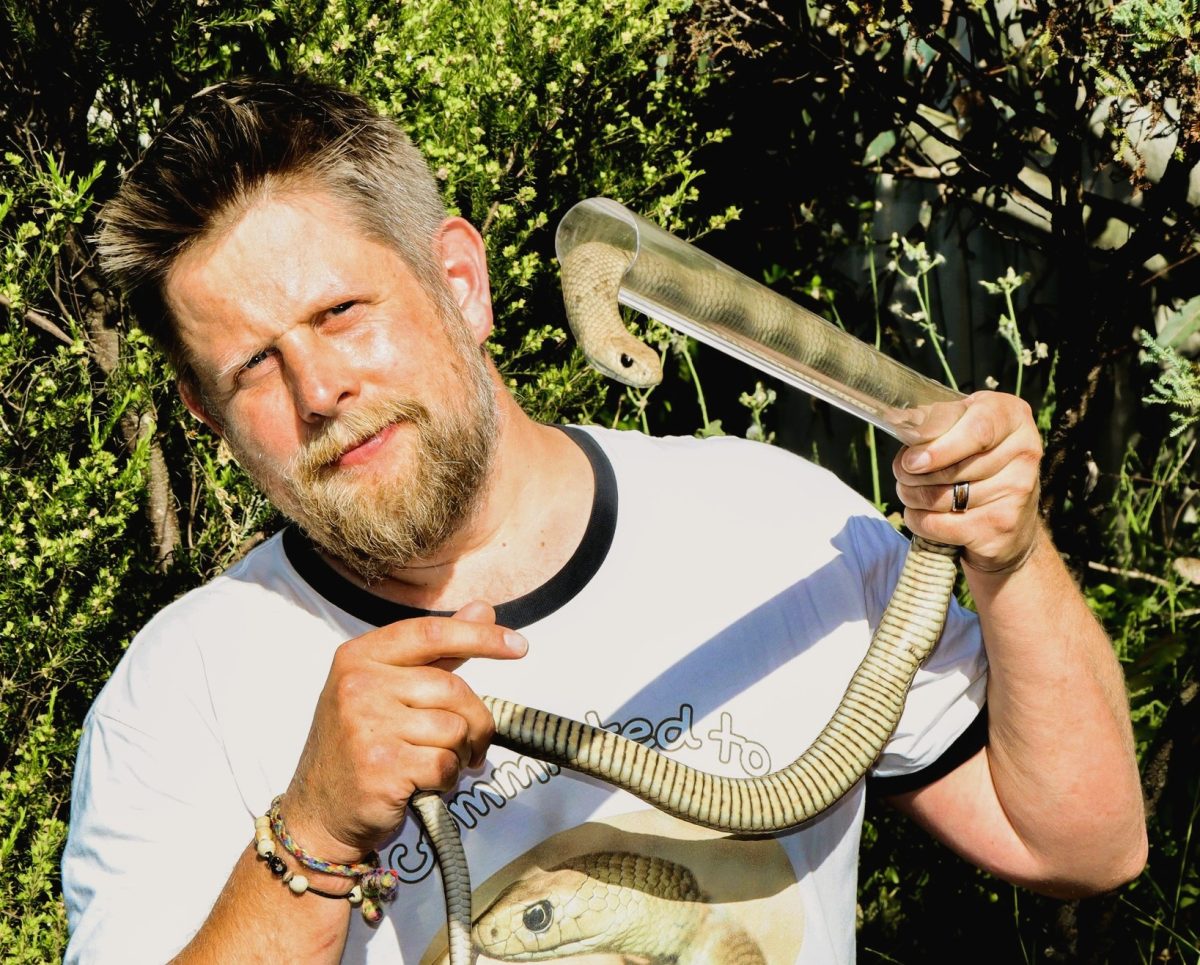
Closer than most people want to get. Photo: ACT Wildlife Facebook.
“This was such a great opportunity to take a lead on how snake work is done in Australia,” he said.
“But they have regrettably chosen a conservative path where snake education, safety and conservation outcomes are, in my opinion, less well served.”
While he’ll continue on as best he can with ACT Snake Removals – and there are other local snake-catching services – he warns the public will “likely experience gaps in service”.
He will also “significantly reduce” the number of snake safety education talks, shows and training courses.
“Working two jobs with a small family is not sustainable,” he said.
Original Article published by James Coleman on Riotact.





